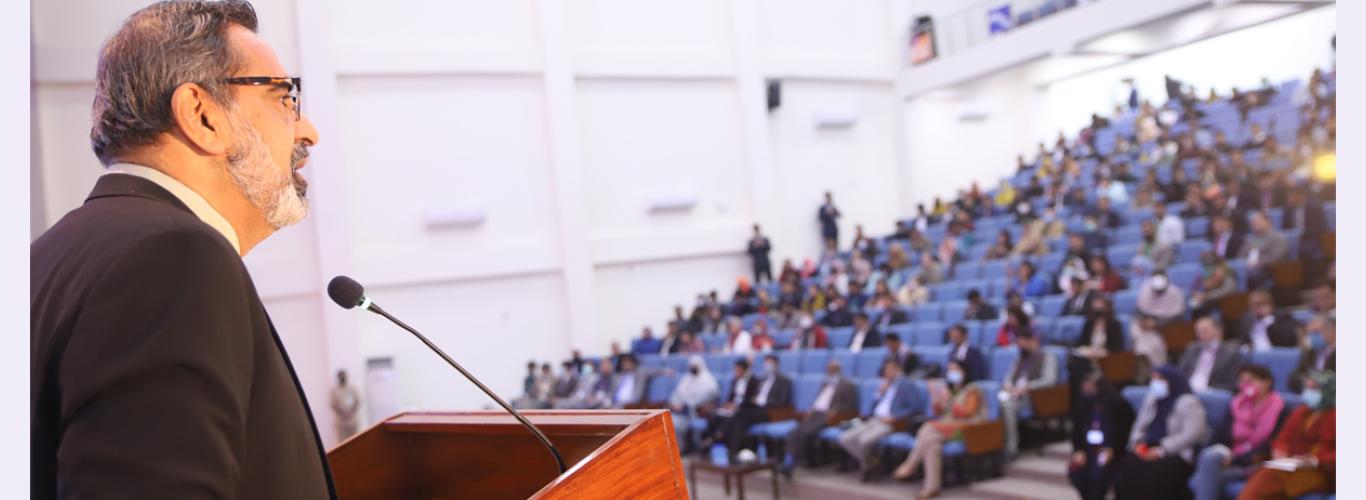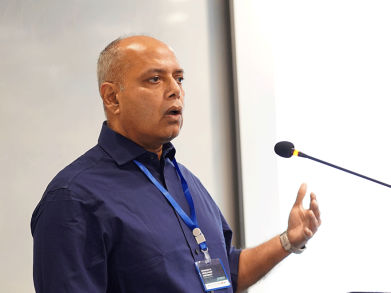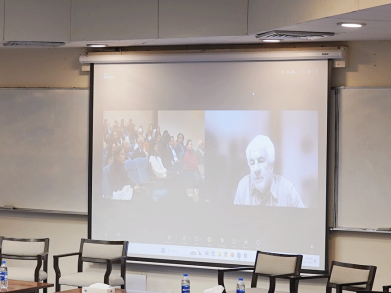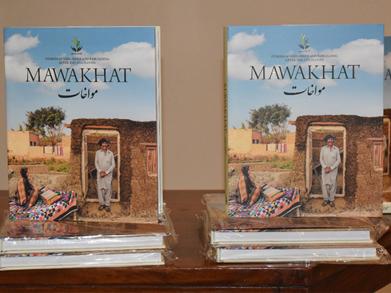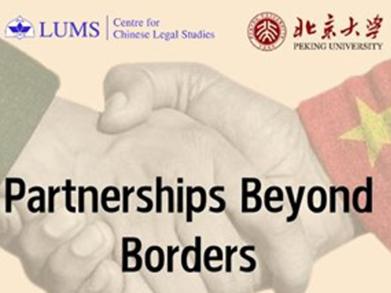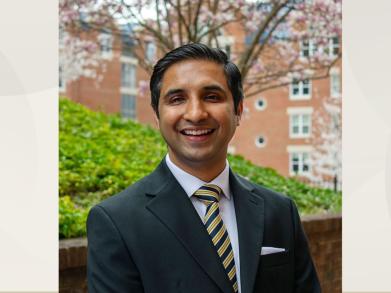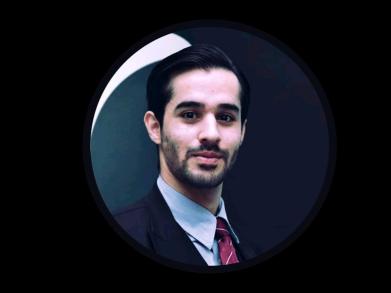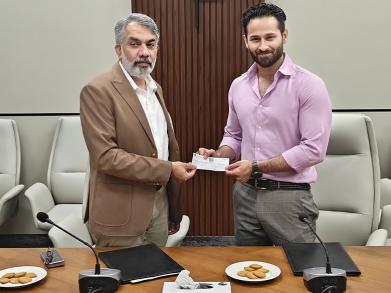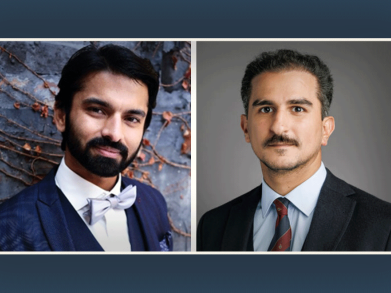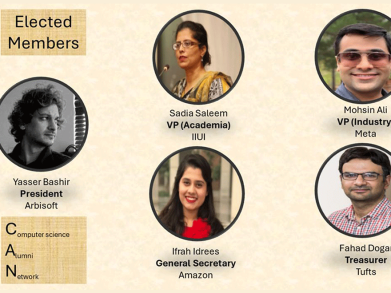LUMS Vice Chancellor Addresses the 35th Pakistan Society of Development Economists Annual Conference
“None of the challenges and issues we confront in society, including the pandemic, can be solved from a single disciplinary lens,” stated Vice Chancellor, LUMS, Dr. Arshad Ahmad. Speaking at the 35th Pakistan Society of Development Economists Annual Conference, he gave a detailed presentation on the underlying structures and systems needed to view these challenges from a transdisciplinary perspective.
He explained, “Most educational institutions use traditional approaches focused on fragmented, discipline-focused knowledge to address issues. Most interventions to counter these have barely made a difference. At LUMS, we are convinced that these grand challenges require solutions that encompass multiple expertise from across disciplines or what we can refer to as holistic approaches. Transdisciplinary approaches are the highest level of disciplinary interaction.”
To achieve this, LUMS has multiple centres that are focusing on energy, water and agriculture, urban planning, gender, technology and entrepreneurship, he explained. “Here multiple research paradigms meet at least three conditions for transdisciplinarity. First, centres must be led by faculty who ensure cross-appointments that reflect diverse expertise; second, university policies must clearly develop career progression pathways at centres that can be systematically evaluated and third, programming needs to prepare students for 21st-century learning.”
Dr. Ahmad also discussed another intervention at LUMS in which first-year students coming from affluent, urban areas experience the difficult situations disadvantaged students face which can lead to a change in their world views. “Recently, the University of Baltistan, a nascent institution nestled in the Skardu Valley approached us for an institutional collaboration. To plan the intervention, our team spent a week in the valley. We committed to a twinning programme that will have 150 LUMS students paired with an equal number of students from the University of Baltistan who will be co-taught with faculty from both institutions in Skardu next July. Similar faculty exchanges for research collaborations are underway.”
He also shared how the trip was the backdrop to focus on collaboration on climate change, research possibilities and courses on water management and green energy.
To view Dr. Ahmad’s address, click here.

